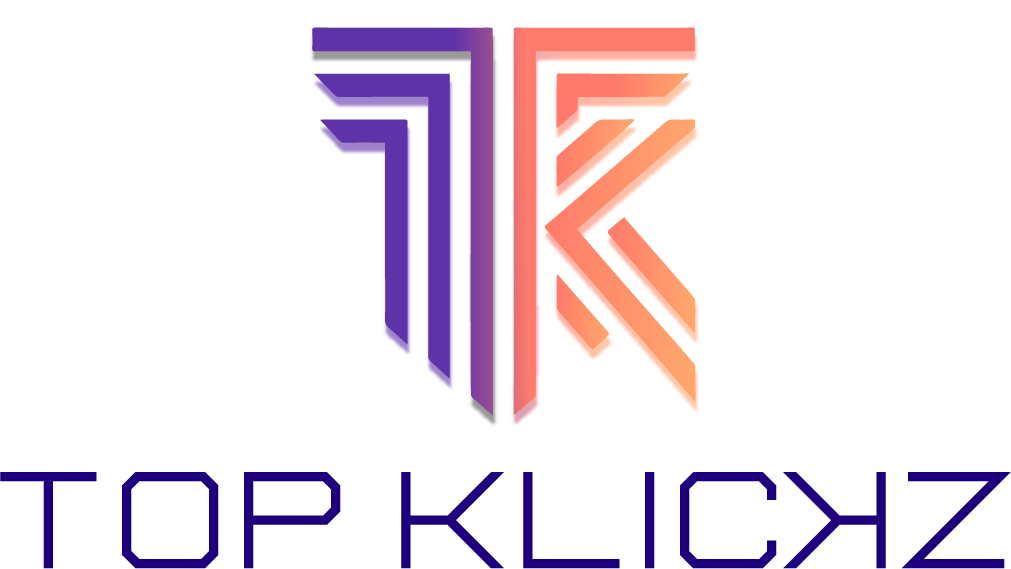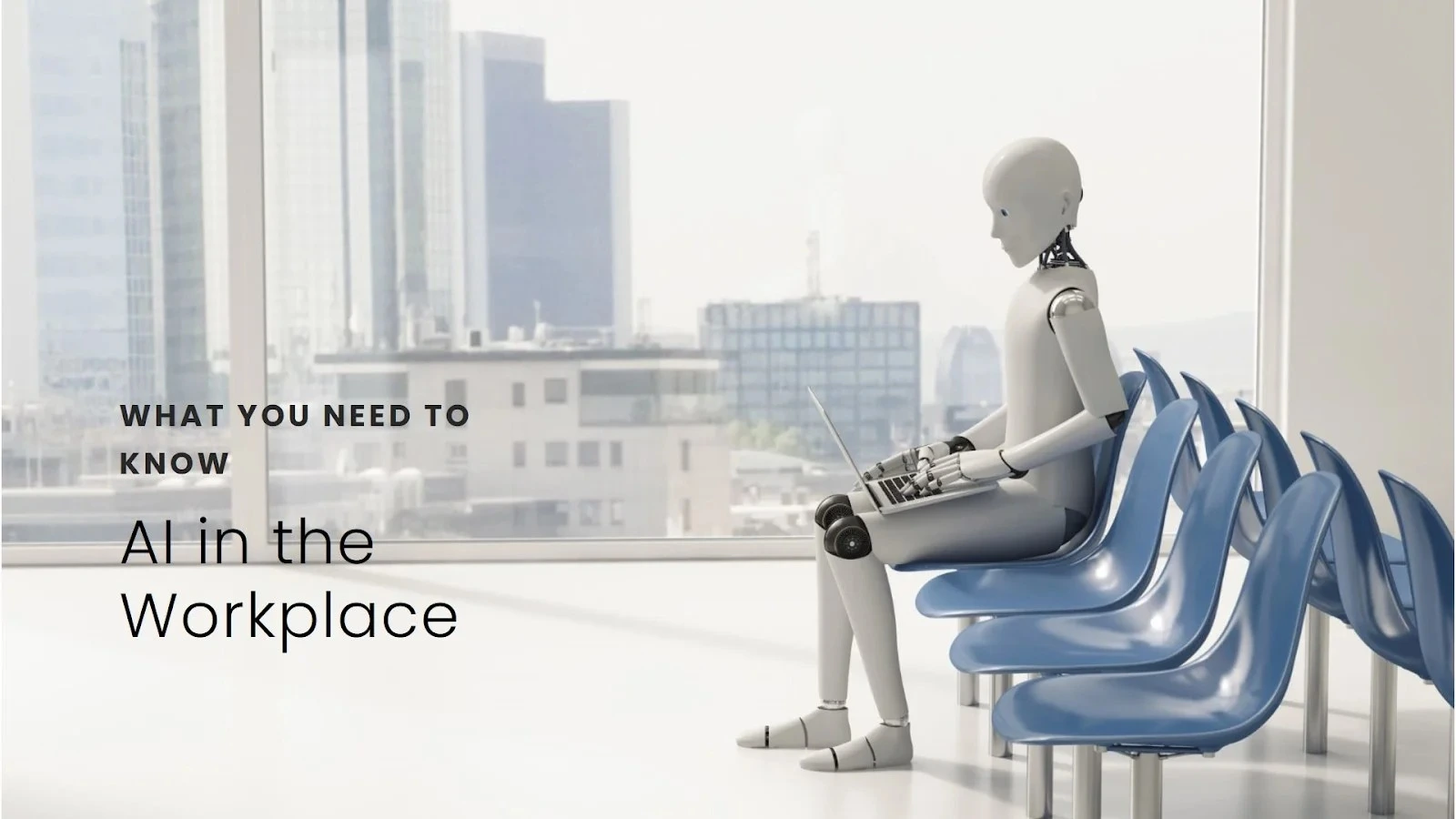Impact of AI on Workplace: Things You Need to Know
Artificial Intelligence is no longer a futuristic concept for technology-driven industries. The role of AI in the workplace cannot be overstated, as it is transforming productivity, decision-making, employee engagement, and even position. McKinsey’s report published in 2023 reveals that AI could potentially take over 12 million tasks across all jobs by 2030.
On the one hand, where AI-driven workplace transformations have revamped most repetitive tasks like calculations, reading huge datasets, and report making, AI has also given rise to complexities between businesses and employers.
In this blog, we will explore how the use of AI is reshaping the workplace of the present generation.
7 Crucial Things to Know About the Shift
1. AI and Automation: Greater Efficiency
AI is now common in several business activities of an organization, including communication, handling volumes of information, and managing supply chains, among many others. AI’s first and most obvious impact in the workplace is that it helps automate processes. The use of AI automation tools has majorly impacted data entry and customer service. In this way, the computer does routine and repetitive work while the employees can focus on the work that requires decision-making, creativity, and problem-solving.
Key Applications of AI
Chatbots: AI in customer service, like chatbots, can handle simple inquiries while real human agents handle complex ones.
Data processing: The advantages of AI systems in teams are that the systems can handle large amounts of data. It can provide results in a shorter time than it would have taken by humans to process the same data and arrive at the results.
Inventory Management: Automation is useful in the supply chain as it forecasts the demand, places orders independently, and handles the warehouse.
2. Job Evolution and Displacement
The future of computerization of Artificial Intelligence is seen to have problems with efficiency and displacement of people. Manufacturing, retail, and customer service industries are the most affected because repetitive tasks are the most likely to be automated here.
Reskilling and Upskilling in the AI Era
Data analysts: Business intelligence and AI professionals are growing and are more needed as businesses rely on such professions to decode and implement the value of AI.
Customer service: In customer service, AI may include interacted and human-like chatbots; this keeps responding to simple questions or fulfilling the simplest requests.
Manufacturing: Manufacturing employees are expected to work with machines and robots instead of performing the work themselves. This focus on continuous learning helps employees stay relevant and empowers them to leverage AI for productivity and innovation.
3. Enhance Decision-Making with AI – Pros and Cons
AI leads to faster, more effective decision-making, increasing the effectiveness of the settings and encouraging innovation in business sectors.
Pros of AI in Decision-Making
Finance: In finance, AI algorithms are used for fraud detection, risk assessment, and optimising investment strategies. By doing so, AI enhances security, reduces losses, and improves financial planning and portfolio management.
Healthcare: AI can assist doctors in making crucial decisions with the help of patient’s data. It can help doctors choose the relevant treatment and prevention approach for their patients, thus optimising the general outcomes of treatment and preventive measures undertaken.
Marketing: The AI tools monitor consumer behaviour, making businesses better understand the audience. It can then easily make several highly accurate advertisements, better its relations with consumers, and offer suitably tailored products.
Cons of AI in Decision-Making
Lack of Human Intuition: AI systems cannot think like humans or possess human instincts despite being driven by data. This restricts them from making complex decisions that involve understanding, imagination, or ethical reasoning.
Bias in Data: Bias in data means that AI systems make decisions based on the information they are trained with. If this data is biassed or incomplete, the AI can repeat those biases, making unfair or incorrect decisions.
4. Employee Experience: AI as a Support Tool
AI is revolutionising the employee experience by providing tools that support learning and development while enhancing work productivity.
AI-Proven Learning Programs
Personalised Learning: With the help of AI, it is possible to develop individual training that will correspond to the job of the employee, their learning abilities, and their weaknesses.
Smart Assistants: Collaborative tools such as digital assistants, namely Siri, Cortana, and Google Assistant, can assist employees in arranging their appointments and remind them of meetings.
Employee Engagement Platforms: With the integration of AI in the HR platforms, it would be easier to identify the level of interaction of the employees, their feedback, and performance statistics.
5. AI in Recruitment and Human Resources
AI has transformed recruitment and human resources by streamlining processes, improving decision-making, and enhancing employee management. AI recruitment tools assist the HR teams in the following ways:
AI’s Role in Modernising HR
Automating Administrative Tasks: It saves time companies previously had to spend on mechanical activities such as payroll processing, managing leaves, and other administrative employee data. Thus, robotizing work allows HR professionals to add value to the business by spending more time on talent management and nurturing a better workforce.
Enhanced Talent Acquisition: AI tools support recruitment by saving precious time reviewing CVs, pre-screening candidates, and even predicting a candidate’s suitability for the job based on available data, thereby reducing the recruitment time but improving the quality of hires.
Data-Driven Decision-Making: The applications of AI in HR departments allow for employing data analysis for decision-making about employee performance and productivity, attrition, and workforce planning, all of which results in more effective and efficient work of the HR function.
6. Ethical Issues and AI in the Workplace
Several ethical issues have been observed in adopting artificial intelligence in the workplace.
Key Ethical Issues Arising
Privacy: As the amount of data collected and analysed by AI systems rises, employee privacy also arises. AI can track performance, communication, and even mood, which raises questions about privacy and permission.
Bias and Discrimination: when trained on biassed data, AI systems can reinforce existing prejudices and create unfair outcomes. This can lead to discrimination in critical areas like hiring, lending, or law enforcement, disproportionately impacting marginalised groups.
7. AI’s Future Perspectives
As AI technology advances, its integration into the workplace will reshape operations, enhance decision-making, and foster innovation, necessitating organisations to adapt and evolve in response to these changes.
Continued Development and Integration
Emergence of AI Creativity: Generative AI will be utilised to create various forms of content, including art, music, and code, enhancing organisational creative processes.
Leadership and Strategic Planning: Organisations will increasingly rely on AI to predict future challenges and opportunities, facilitating informed decision-making and strategic initiatives. Around 90% of businеss lеadеrs stated that leveraging AI automation helped them improve their decision-making process.
Evolving Business Environments: As AI becomes increasingly integrated into everyday operations, companies must continuously adapt new methods, trends, and tools to remain competitive.
Conclusion
AI is not just a passing trend but a fundamental shift that is remodelling the workplace. From automating routine tasks to enhancing decision-making and improving the employee experience, AI’s impact is broad and transformative.
As we move forward, continuous learning and ethical considerations will be key to navigating the AI-powered workplace successfully. The future of AI is not just enhancing creativity, but also the effectiveness of human efforts with the equivalent of the workforce in the workplace.
Get on board and start using AI in your workplace today!
FAQ
1. How is AI transforming the workplace?
AI is automating repetitive tasks, improving decision-making, and enhancing productivity. It helps businesses streamline processes like data analysis, customer service, and supply chain management.
2. Will AI replace jobs in the future?
AI may replace some routine and repetitive jobs, but it also creates new opportunities for roles requiring creativity, decision-making, and advanced technical skills. Reskilling and upskilling are essential for workers to stay relevant.
3. What are the benefits of AI in decision-making?
AI can process large amounts of data quickly, making decisions more efficient. It is used in sectors like finance, healthcare, and marketing to improve accuracy, security, and customer experience.
4. How does AI impact employee experience?
AI supports employee learning and development through personalized programs and smart assistants. It also enhances productivity by automating mundane tasks, allowing employees to focus on strategic work.
5. What ethical challenges does AI bring to the workplace?
Key ethical concerns include data privacy and bias. AI systems can collect sensitive data on employees and, if trained on biased data, may lead to unfair outcomes in areas like hiring or performance management.

